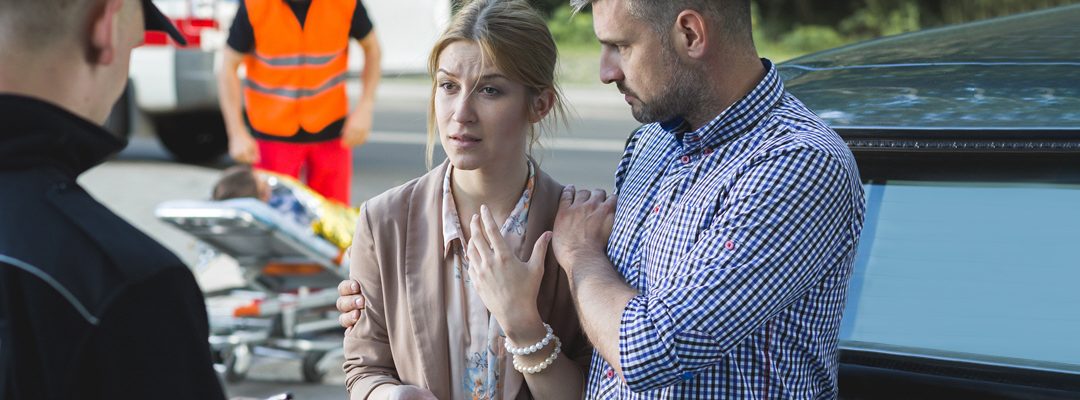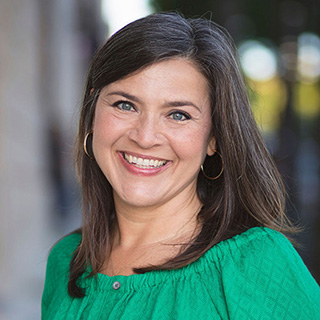Grandparents Day a few years ago here in the US, I had the privilege of being asked to be part of a panel of experts, as a therapist who works with families, addressing grandparents at an event for them sponsored by our local chapter of Juvenile Diabetes Research Foundation. While the evening was meant to be a casual gathering to open up the dialogue about grandparenting and how Type I Diabetes impacts the experience of grandparenting, it was difficult to not be impressed with the passion, energy, and knowledge of the people I met. I believe I came face to face with tangible courage during the evening.
I have heard courage defined as “being about enthusiasm Grandparents Day a few years ago here in the US, I had the privilege of being asked to be part of a panel and commitment” during my training at Southeast Institute for Group and Family Therapy. After listening to the story of one set of grandparents in particular and in brief conversation with other parents after the panel discussion on Sunday, I heard one example after another of courage. Grandparents who dared to say things like “You don’t have to watch over your little sister, I will be there to do that.” Parents who challenged and educated their child’s school administration and staff to ensure their child had the opportunity to attend school safely in light of their medical needs. Adults who shared their experience of living with Type I Diabetes for twenty, thirty or forty plus years and their enthusiasm for life.
My exposure to Type I Diabetes and the impact this disease has on a family has been limited. In an effort to prepare for Sunday evening I contacted the mother of a young lady who has Type I Diabetes and who is a friend of my daughter. We talked at length about how grandparents, when involved, are an integral part of the support system families need in order to raise children and how grandparents, in an ideal situation, respond to the challenges of grandparenting a child with Type I Diabetes. The big “take away” for me was understanding the importance of what one of my clients, who happens to have parented a child with a serious chronic illness, calls the “most important question:” “What can I do to help?” Asking someone this question and following it with active listening is just plain courageous and fundamental to healthy relationships.
The evening was hugely enlightening to me with regard to the role JDRF plays in helping folks manage this disease and in the fight to find a cure for Type 1 Diabetes. I heard about enthusiasm and commitment from the staff of JDRF locally and nationally, which was impressive, to say the least. I encourage all of you who have not had a chance to learn about JDRF to check out their website. I have posted a link to their website on the “Links” page of this website. I especially encourage to take a look at the information there if you are a therapist working with families dealing with Type 1 Diabetes and has limited knowledge of how this disease impacts families. It is a fantastic resource for families and clients facing this disease and the professionals working with them.
It truly takes a village to raise a child and even more so when faced with a disease like Type 1 Diabetes. I am now a better-educated member of the village and grateful for the opportunity to be witness to courage. I enthusiastically encourage everyone to buy a JDRF “sneaker” wherever you have the opportunity to do so or sponsor someone doing the JDRF Walk. The money goes to support some incredible research and network of resources for families dealing with the disease.



